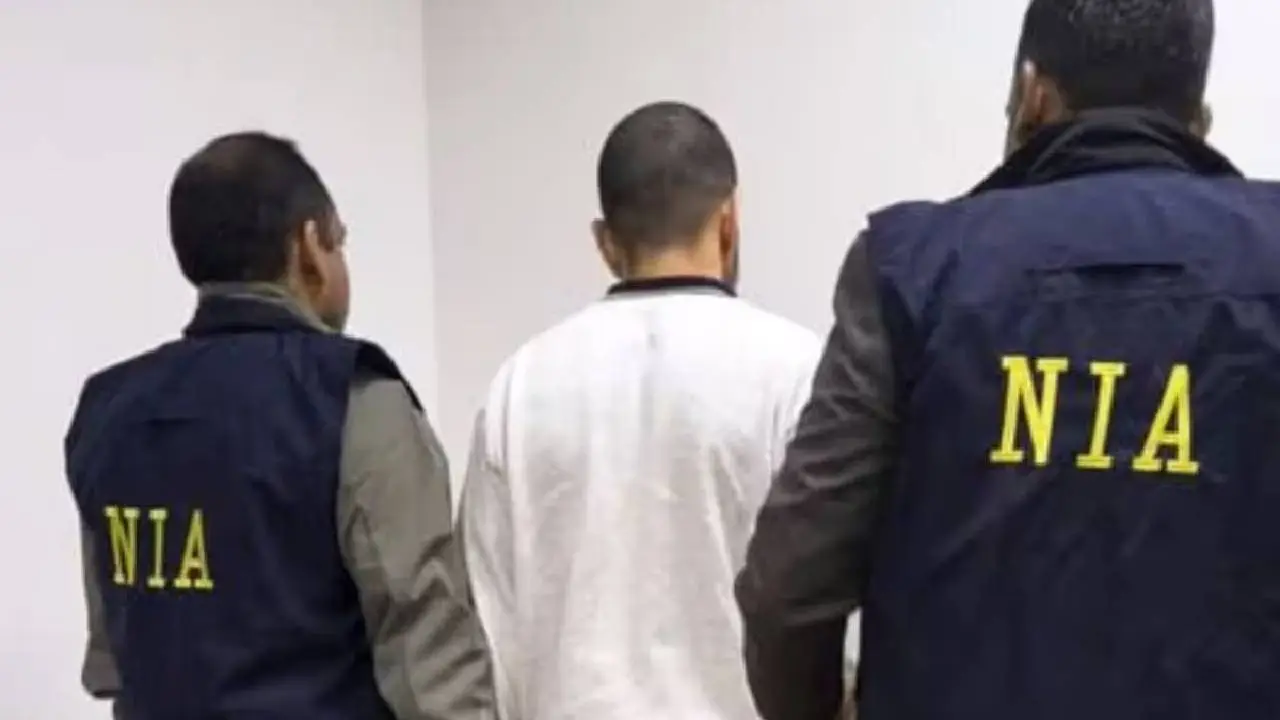
Anmol Bishnoi ( Credit: Social media )
New Delhi: This case is being seen as highly high-profile and extremely sensitive in nature as gangster Anmol Bishnoi was taken straight from Delhi airport to the court without any public exposure. NIA has now secured eleven days of custody and will begin intensive questioning to trace the truth behind his alleged involvement in the Baba Siddiqui attack. He is also accused of being linked to the conspiracy in the killing of Punjabi singer Sidhu Moosewala, which brought national attention to the case.
Investigators believe his interrogation may uncover deeper networks and possible support systems operating across states and even internationally. The next few days of questioning will be crucial in understanding how far this influence and alleged criminal planning actually goes.
#WATCH | Delhi | Arrested gangster Anmol Bishnoi remanded to 11-day NIA custody by Delhi court, to be taken to NIA headquarters pic.twitter.com/L6Ktskb2Hz
— ANI (@ANI) November 19, 2025
Extradition means one country sends a wanted person back to another country for trial. In this case, Indian agencies asked the United States to hand over Anmol Bishnoi. They argued that his presence in India was necessary for proper questioning. After legal paperwork and checks abroad, he was finally put on a flight to Delhi. The moment he landed, NIA officers took him into custody at the airport. There was no direct contact allowed with the public or media at that stage. This tight handling showed how seriously the agencies are taking the case.
NIA has asked the court for fifteen days of custody to question him in detail. The agency wants to map his alleged role in earlier attacks, threats and funding patterns. Officials say they need time to confront him with digital records and call data. They also want to match his replies with statements of other arrested accused. Custody allows investigators to question him for longer hours under court supervision. His lawyers are expected to oppose any attempt to stretch custody without strong reasons. The judge will now decide how many days of NIA custody is justified.
Security was visibly tight when he was brought to Patiala House court. Police and paramilitary teams were stationed at key gates and corridors. Cameras tried to capture his face as he was escorted inside. Court staff and lawyers gathered to follow the developments closely. Only limited people were allowed near the courtroom for safety reasons. Inside, NIA explained why it needed his custody for a longer period. The court listened to both sides and then reserved its decision for the day.
His legal team says he is being targeted because of his family name. They claim that every allegation against him must be backed by hard proof, not only by suspicion. The lawyers argue that he has not been convicted and should be treated as an accused, not as a finished criminal. They also say he is ready to cooperate with the law in a fair way. His side may question the way digital and foreign records are being used against him. The defence wants the court to limit custody and allow more legal access. This tug of war between agency and defence will shape the next steps.
Investigators believe that Anmol may be part of a wider crime network that crosses state and national borders. They are looking at links to earlier attacks, extortion calls and social media threats. Some cases involve high profile targets from politics, film and business. Agencies suspect that instructions and planning may have come from abroad through coded messages.
Money trails are also under study to see who paid whom and for what. If links are proven and not just claimed, more people could be called in or arrested. This is why many are calling it a crucial moment for anti crime operations.
For ordinary citizens, this case is about whether powerful crime groups can be checked or not. People want to see if the system can handle such accused firmly and fairly. A clear and honest investigation can increase faith in police and courts. But any sign of bias or weak evidence can raise fresh doubts.
Viewers will watch whether the case ends with a strong judgment or slowly fades away. The final outcome will affect how future gang cases are handled. It will also decide if Anmol Bishnoi remains just another name in crime news or becomes a turning point in India’s fight against organised crime.





Copyright © 2026 Top Indian News
